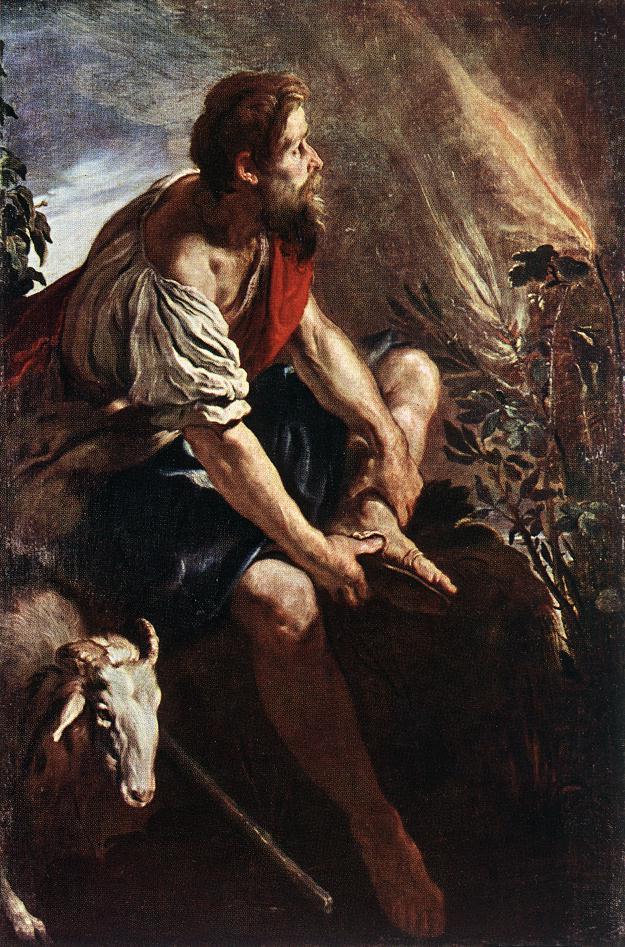We have a regular "methodical" way of organizing our work as the people of God. It is through
The United Methodist Book of Discipline which is revised every four years.
Within this work, we try to name our theology but also our practice. Making sure that we are putting what we believe into how we are living is key.
We don't always get it correct. In fact, there may be things in it with which we don't agree.
But there is a sense of covenant about it which allows us to trust each other.
If you had told me when I was a child that I would ever rely on something called a
Book of Discipline, I would have shuddered for my future. I equated discipline with punishment.
In fact, anything that limited my personal desires was not something I would have claimed was a good thing.
As a child, I can recall my parents fasting (abstaining from eating) as directed by the church. They didn't make me participate since I was still growing but I remember thinking, "That sounds awful!"
When we begin to mature, we see that to deny ourselves can actually be beneficial.
The lessons we learn allow us to be better stewards of our relationships as well.
 |
We'll get to the 10 Commandments on Saturday, March 5
of the daily schedule. The Book of Discipline is similar
in many respects! |
As we enter the Lenten season, it will begin with Ash Wednesday and end with Easter Sunday. The days in between are forty (plus Sundays) that remind us of the forty days that Jesus fasted in the desert. They also remind us of the forty years God's people wandered in the wilderness seeking the promised land.
With that in mind, my Lenten discipline this year will be reading and writing about the Book of Exodus. I will be posting a link to a daily reading along with my reflections so that you might join me as well.
For some of you, this will be a refresher in the stories of Moses. Others will be encountering these texts for the first time. Regardless, I hope that you find this daily discipline to be helpful to your spirit. Starting Wednesday, click on
http://precedinggrace.blogspot.com/ each day and we'll journey together. Feel free to leave a comment on your own impressions of that day's reading or where you agree or disagree with mine.
This will make it more of a community reading which ties us back to covenant! My hope is that as we finish the last of the book on Easter Sunday, we will see how resurrection allows us to realize our promised land together.
In Christ,
Sam
Picture by Billy Hathorn at en.wikipedia [GFDL (http://www.gnu.org/copyleft/fdl.html), CC-BY-SA-3.0 (http://creativecommons.org/licenses/by-sa/3.0/) or CC BY-SA 2.5-2.0-1.0 (http://creativecommons.org/licenses/by-sa/2.5-2.0-1.0)], via Wikimedia Commons


















.jpg)
